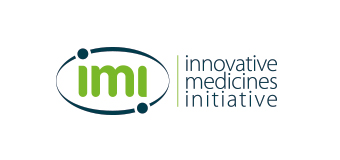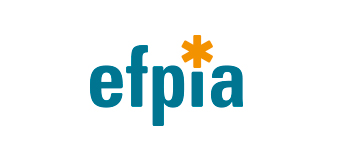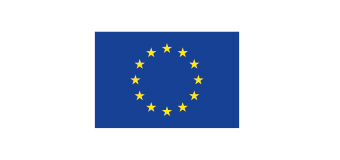Decentralised, patient-centric, site-less, virtual, and digital clinical trials? From confusion to consensus.
Utrecht, April 2025
Acknowledgement & Disclaimer
This article is not an original, it has been translated by the Trials@Home Layman Translation Team for purpose of a better understanding by a general audience. The team consists of a diverse group of Trials@Home consortium members and the members of the Trials@Home Patient Expert Panel.
Original paper – Decentralised, patient-centric, site-less, virtual, and digital clinical trials? From confusion to consensus
First published: 6 February 2023, Drug Discovery Today
Original authors: Yared Santa-Ana-Tellez, Bart Lagerwaard, Amos J. de Jong, Helga Gardarsdottir, Diederick E. Grobbee, Kimberly Hawkins, Megan Heath, Mira G.P. Zuidgeest, Trials@Home Consortium
What is this article about?
Clinical trials are used for testing new medications to make sure they are safe and effective. They usually take place in a clinic or hospital (the study site), meaning the people who participate in the trial must be physically there. This can be inconvenient and expensive for all involved.
Lately, researchers have become interested in different approaches to make participation in clinical trials easier. One of these approaches is to organise trial activities in or close to the participants home.
With the help of technology these trials have become more common. There have been many different words and phrases used to describe these types of clinical trials. Some examples are ‘virtual,’ ‘digital,’ ‘remote,’ and ‘decentralised.’ People with different roles from different industries don’t always use the same words in the same situations, which creates confusion and barriers for acceptability.
In this paper, the researchers looked at each of these words and then explain why they think ‘decentralised clinical trial’ is the best option.



This project has received funding from the Innovative Medicines Initiative 2 Joint Undertaking under grant agreement No 831458. This Joint Undertaking receives support from the European Union’s Horizon 2020 research and innovation programme and EFPIA.
Notes for editors – not for publication
If you would like more information, please contact the spokesperson at the UMC Utrecht.
Joris Prinssen: +31 6 2571 0234
press@umcutrecht.nl
